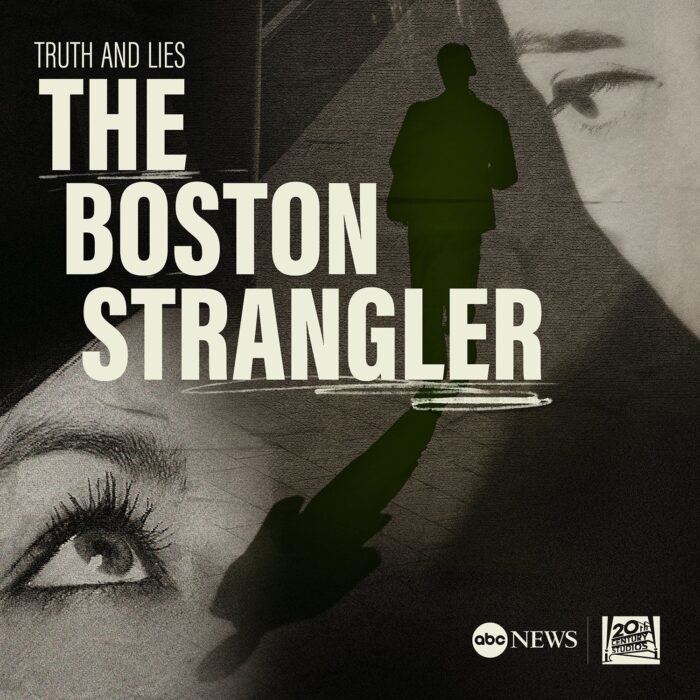‘The 11th’ is a monthly, mystery box podcast that will keep you itching for more

Audacy’s Pineapple Street Studios presents the series, “The 11th,” the mystery box equivalent of a podcast. Did you ever subscribe to a magazine and relish in running to the mailbox? Or race to open the publication’s app to devour the latest issue? “The 11th” plays on this concept. With new episodes available on the 11th of every month, this show wants you to subscribe to the latest, engaging episodes like cracking open your newest, favorite monthly magazine.
“The 11th” is versatile. It experiments with different styles and each episode will feature the new and unexpected. From standalone episodes to multi-part series, listeners will be surprised and eager for what’s next. By tuning in, you might hear works of fiction, memoirs, advice, and musical adaptations, as these are some highlights from forthcoming episodes. With an interesting array of rotating contributors and guests, “The 11th’s” goal is to spotlight a wide range of voices, from Pineapple Street’s formidable staff et al.
The Inbox
The first four parts of “The 11th” are titled “The Inbox.” This series of episodes was created by writer Sarah Viren. In 2020, Sarah shared her wife Marta’s story about being falsely and anonymously accused of sexual misconduct. After Sarah’s story was published in The New York Times, her inbox brimmed with messages from people with similar experiences. “The Inbox” explores what Sarah decided to do with this information. Was it her responsibility to write about these stories, too? Should she investigate to find the truth? While Marta’s name was cleared after investigations, people’s lives are thrown into chaos by these situations. Sarah decided this podcast would be a good forum to unpack some of the stories she learned.
What happens when laws designed to protect women against discrimination are turned against you? Parts 1 and 2 explore the Title IX law and how it relates to their stories. Sarah also explains how Marta was impacted by Title IX.
Title IX of the Educational Amendments of 1972’s aim was for schools and universities to protect women from gender discrimination. The law was first stressed in the field of sports, ensuring female athletes would have the same opportunities as men. In 2011, President Obama mandated universities to investigate sexual misconduct complaints.
Parts 1 and 2 discuss two different, on-campus stories involving accusations. In Part 1, Stockton University professor Emily was accused of harassment by a student she’d never met. Students came to Emily for advice when they witnessed a student getting assaulted at a rogue fraternity on campus. Emily went with the students to report this. This event found its way into her classroom discussions, and many of her students did projects on the dangers of this fraternity and assault. There was a campus-wide protest. Emily posted an essay on Facebook about surviving rape. As a result, she became an unofficial figurehead on campus for activism. Media contacted Emily for interviews. Her university was not pleased, and Emily was asked to retract one of her statements. Emily received a warning letter from the university’s administration. Later on, Emily received a certified letter from Title IX’s office, where Emily was accused of retaliation and discrimination based on sex. The complaint was filed from a man who claimed her activism discriminated against him.
Part 3 recounts Vivian’s complex story that stretches over 10 years when she’s falsely accused of assault by an ex. Her ex, referred to as “S,” began accusations via email and showed up at Vivan’s campus. Then, she sent a mass-email to Vivian’s colleagues. S began targeting, cyber-stalking, threatening her friends, and posting defamatory content on social media. Vivian reported S to the police, and they did not take immediate action because Vivian needed to provide S’s physical address, which she has been unable to track down. In addition, due to differing state laws regarding online threats, a tricky situation unfolded. Warrants for S’s arrests were issued in over 4 states, but now, Vivian believes S moved overseas. Not only is the psychological warfare harmful to Vivian and her friends, but this situation also creates extraneous work that Vivian said bothers her.
Military veterans and partners Mark and Ken, tell their story in Part 4. A disagreement broke out over rules with Mark and his tennis teammate, Bill, at their community club. Bill claimed he received a sexually explicit email from Mark. The email was sent from an account that wasn’t even his, and Mark thought this fact would clear his name. The tennis club’s board wasn’t convinced. Mark was barred from the club. This episode also explores the history of anonymity and homophobia. After filing a Human Rights Commission complaint of discrimination, their case was heard and it did not respond in Mark’s favor. Then, Mark and Ken filed a lawsuit against the tennis club. They won, and received a public apology via the tennis club’s website.
The Score
In September, music writer and poet Hanif Abdurraqib will delve into 1996’s “The Score,” a record by the hip-hop group, Fugees. Hanif will interweave personal stories with music journalism. We’ll hear stories behind “The Score” and how it impacted teenagers in America. Listeners will also learn about the continuing impact “The Score” has today.
Tune in on the 11th of every month for new episodes. You’ll surely be surprised.





